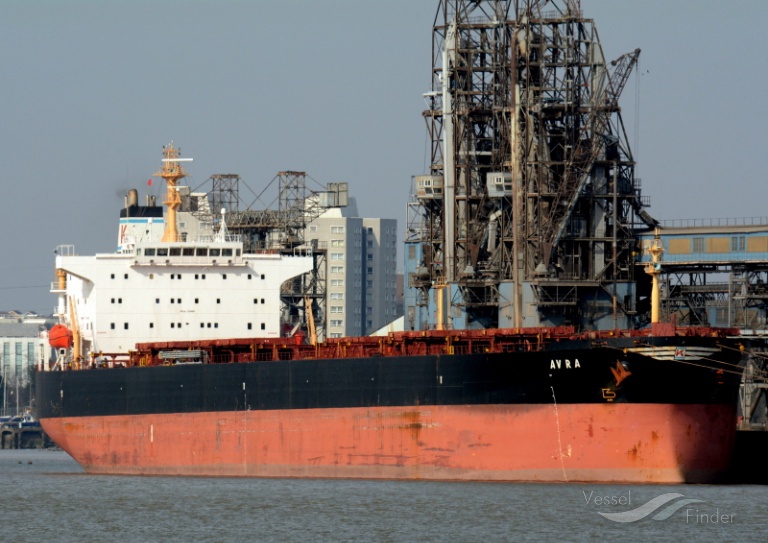The city's deadline to receive an explanation as to why construction of the Metro extension continues to violate noise requirements has come and gone without an answer.
The City Council had given Metroselskabet, the company that operates the underground railway and is overseeing its 17-station expansion, until yesterday to explain why it told people living next to construction sites that they could expect loud noise until 9pm. The company had been told just days before that noisy work needed to be completed by 6pm.
“We still haven’t received an explanation from Metroselskabet despite repeated requests,” Jens Elmelund, the head of development for the City Council’s technical and environmental administration, told Politiken newspaper. “We have also reiterated that it is against regulations to operate a crane on the construction site at 9pm. Metroselskabet has given us a guarantee that this would not happen.”
On Monday the company launched a 3 million kroner advertisement campaign aimed at informing residents that the noise from the construction sites is only going to get louder.
“What we are doing can be compared to what you would do when you have a party at home in your flat,” Henrik Plougmann Olsen, Metroselskabet’s managing director, told metroXpress newspaper. “If you put up a note beforehand, indicating that you’re having a party, then you’ve tried to be considerate.”
The Metro expansion project is set to move into its noisiest phase. Starting next year, it will begin driving retaining walls into the ground so it can begin excavation and construction of the stations in earnest. This phase is expected to last between eight and ten months at each site.
According to Erik Skotting, the technical director of Metroselskabet, when the walls are in place the digging will commence, a process that will generate less noise since much of it will occur underground. There will also be four metre high fences placed around the sites that will absorb some of the noise.
This is not the first time that the Metro expansion has come under scrutiny. Many businesses located next to the Metro construction sites have closed after they saw their business decline. Metroselskabet has also been criticised for offering inadequate housing to people seeking refuge from construction noise. Likewise, many people don't believe that fining the Metroselskabet for violating noise regulations will have an effect.
Metroselskabet had sought exemption from the city noise limits in order to be allowed to operate drilling rigs on weekdays from 7am until 8pm, while also being able to work from 9am until 5pm on Saturdays.
But the council rejected their request, instead allowing loud work to be carried out between 7am and 6pm on weekdays, but not on Saturdays.
Furthermore, Metroselskabet must adhere to noise limits of 70 decibels, although construction is allowed to reach 85 decibels during peak noise phases. In special cases, drilling is permitted to continue until 7pm if there are unforeseen traffic problems and geological occurrences. If this happens, Metroselskabet must explain to the city why it was necessary to exceed the time limits.
The City Council has already told Metoselskabet that noise levels on four of the construction sites, namely Stampesgade, Marmorkirken, Sønder Boulevard and Nuuks Plads, are too high.
“Copenhagen won't get a new Metro without some noise,” Elmelund told news website Dknyt.dk. “But naturally, people should be disturbed as little as possible while construction lasts. We have set some clear rules for the sites, we will monitor them closely and make sure the builders are in compliance.”
Aside from the noise issues, the new phase of Metro construction will also mean that there will be a sharp rise in construction vehicle traffic going through the city. Over 500 fully loaded dump trucks are expected on the streets each day.
The lorries will drive to Nordhavn area where the dirt is to be used for as landfill in construction of a new housing and office development.
The 17 new Metro stations in Copenhagen cost around 21.3 billion kroner and are expected to be completed by the end of 2018.














